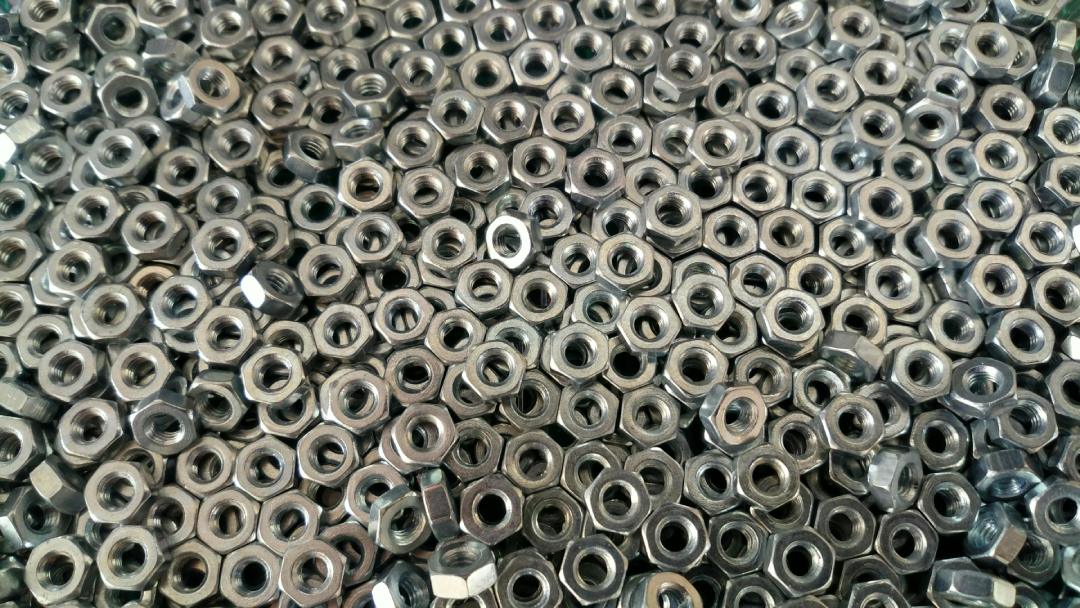Masdar, EGA form Alliance for Low-Carbon Aluminium
Masdar, Abu Dhabi’s Flagship Clean Energy Company, and Emirates Global Aluminium (EGA), the Largest ‘Premium Aluminium’ Producer in the World Forms Aluminium Decarbonization Alliance.
In a significant step towards sustainable industrial practices, Masdar and Emirates Global Aluminium (EGA) have announced a new alliance focused on aluminium decarbonization. This partnership marks a pivotal moment for both giants in their respective fields, aiming to redefine the energy footprint of the biggest of UAE’s non-oil exports.
The initiative will leverage Masdar’s expertise in renewable energy and EGA’s leading position in aluminium production to introduce low-carbon solutions to the aluminium sector. This collaboration is expected to accelerate the global aluminium industry’s transition towards greener production methods. By shifting the energy mix towards renewables like solar, wind, and green hydrogen, the alliance aims to revolutionize the way aluminium is produced.
Decarbonizing Aluminium — A Step Towards a Sustainable Future
The formation of the Aluminium Decarbonization Alliance by Masdar and EGA is more than a strategic industrial move; it represents a transformative shift in the management of one of the most energy-intensive industries worldwide. Aluminium production traditionally relies heavily on electricity derived from fossil fuels, contributing significantly to global carbon emissions. However, this alliance signifies a promising change, focusing on sustainability and environmental responsibility.
CelestiAL — A Beacon of Sustainable Production
A landmark achievement in this quest for sustainability is EGA’s introduction of CelestiAL aluminium, which was the world’s first commercially produced aluminium using solar power. This product represents a significant technological breakthrough that underscores the potential for large-scale industrial processes to reduce their carbon footprint dramatically. In 2021, EGA produced almost 39 thousand tonnes of this solar aluminium, and by 2023, production increased to around 66 thousand tonnes, showcasing the scalability and effectiveness of renewable energy in industrial applications.
Future Prospects and Global Impact
Industries like aluminium production are often categorized as ‘hard to abate’ due to their high energy requirements and the prevalence of established processes that are heavily reliant on carbon-intensive energy sources. The efforts of Masdar and EGA are set to serve as a blueprint for other industries worldwide, demonstrating that significant reductions in carbon emissions are possible even within sectors that are difficult to decarbonize. As the demand for sustainable materials continues to grow globally, the Aluminium Decarbonization Alliance is well-positioned to lead the market with its innovative approach to production.
Read More
Carbon Offsetting Service by Mashreq and Fils to Transform UAE Sustainability Practices

